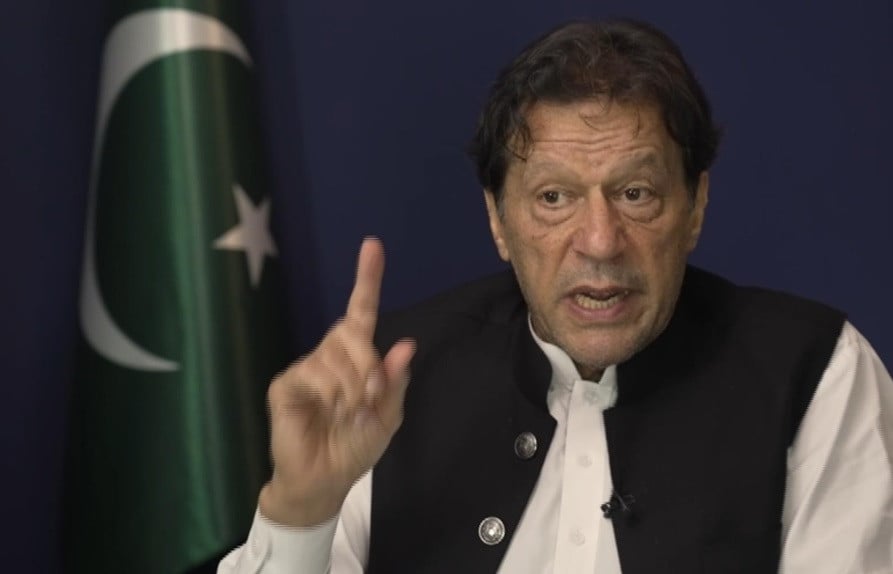
In the unforgiving battlefield of politics when PTI chairman and deposed premier Imran Khan’s party crumbled like a house of cards, the haunting question that lingers on is that will he navigate through this storm as deftly as his predecessor PML-N supremo Nawaz Sharif, among others, did or will he succumb to the relentless deluges.
At a time when the PTI chairman party’s foundation is quivering and several bigwigs of the party have quit it in the wake of the May 9 violence, the experts closely monitoring the events say that though it is difficult to make people forget about a popular leader, matters largely depend on how Imran moves from now onwards to turn the tables on his fate and opponents.
Imran, who is currently facing the full force of the State, still seems determined to prevent the house from falling apart and urging the authorities to announce the date of elections, hoping that he will win and return to power.
He, along with his party members, are facing the wrath of the government as well as the army after PTI activists attacked civil and military installations of the country when he was arrested in a graft case by Rangers troops on May 9.
The PTI chief, however, is not the first one who has drawn the ire of the powers that be.
In fact, he seems to be the latest addition to the camp that opposes the ‘powerful circles’ but the only one tagged with crossing the red line.
Several prime ministers of the country have objected to the interference of the ‘powerful circles' in the political domain as they believed they should have had the complete authority when given the responsibility to serve the nation as its premier.
For instance, Nawaz, who has been ousted as the prime minister thrice, somehow returned to the post as many times.
Similar to how Imran feels now, Nawaz too had hoped that his party would win the 2018 elections but that did not happen.
This was the time when Nawaz faced a cascade of political and legal challenges and his party appeared to be falling apart but the PML-N survived the onslaught.
Nawaz is still barred from holding a public office but fast forward to 2023, his party is in power again.
“It is difficult to erase popular political leaders from public memory,” Pakistan Institute of Legislative Development and Transparency (Pildat) President Ahmed Bilal Mehboob told The Express Tribune.
“I have no doubt that Imran Khan will survive irrespective of the fact that he is in government, opposition, in exile or even in prison,” the Pildat chief added.
Commenting on party leaders leaving Imran, Mehboob said that these people were of secondary importance because “the entire PTI and its popularity is centred around Imran Khan.”
The Pildat chief believes that the party will resurrect at a short notice whenever Imran will find a suitable environment.
Mehboob said that one lesson arising out of the current situation was that political leaders should never abandon the path of dialogue and not wage a war against their opponents.
Another lesson, he added was that one might criticise the interference of the ‘powerful circles' in political affairs but should never attack or encourage party activists to attack security institutions.
Professor Tahir Naeem Malik of NUML University said Imran’s return seemed difficult because he had crossed a red line whereas the other parties believed in constitutional and political struggle.
The professor at NUML University’s international relations department added that the polarisation and direct confrontation with the institution reminded him of the time when the MQM had resorted to similar measures.
He continued that the PTI was facing a similar situation these days even though it was a far larger party than the MQM.
“This is the challenge. Unless he [Imran] returns to democratic ways, announces continuing his struggle within the constitutional political realm and unequivocally condemns the May 9 mayhem, matters will remain extremely difficult for him,” the professor observed.
Professor Malik pointed out that Imran could not complain much about his leaders leaving him as the PTI lacked the quality of making decisions through a consultative process.
“Most of the times -- whether it was about resigning en masse from the National Assembly or the dissolution of the Punjab and Khyber-Pakhtunkhwa legislatures -- it was a one-man decision. It’s a challenge for Imran to overcome this habit of not listening to others,” he noted.
The professor maintained that another issue that Imran should contemplate upon was his habit of not considering his opponents as his political rivals but his enemies.
“He has conveyed [this mindset] to his followers. Reaching out to political rivals will now be seen as a U-turn that his followers may not like,” he continued.
Professor Malik, while calling for a change, said Imran still had the aggression of a fast bowler and he was carrying out his politics with the same attitude for several years now.
He added that the aggression of a fast bowler was a different issue altogether as politics was not a cricket ground.

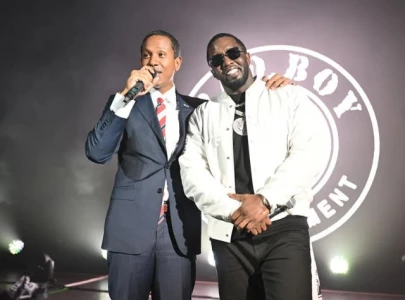


1731916090-0/sabrina-(3)1731916090-0-165x106.webp)

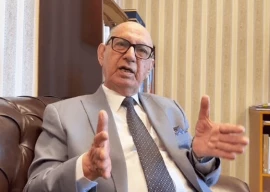

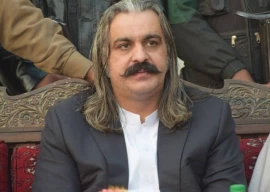

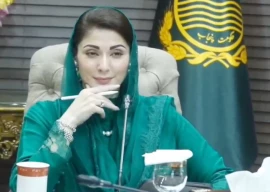







COMMENTS (4)
Comments are moderated and generally will be posted if they are on-topic and not abusive.
For more information, please see our Comments FAQ